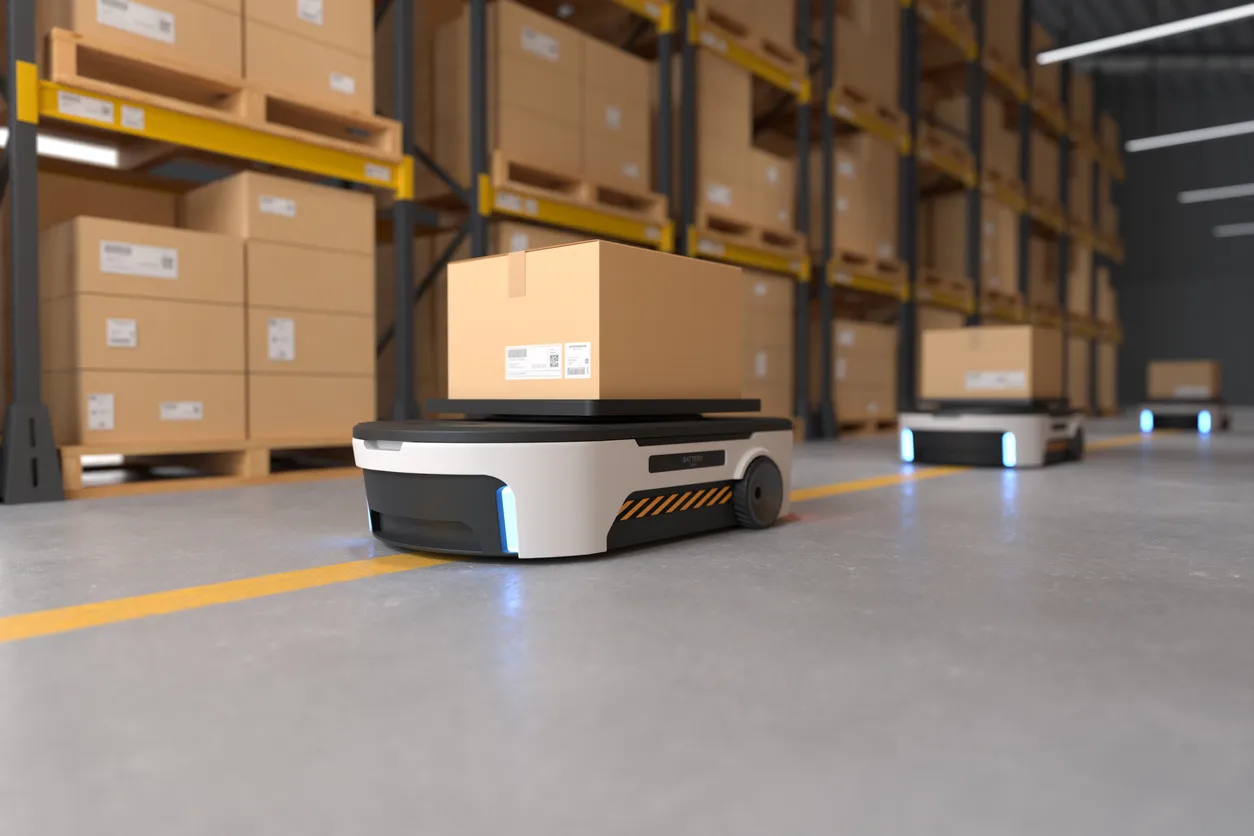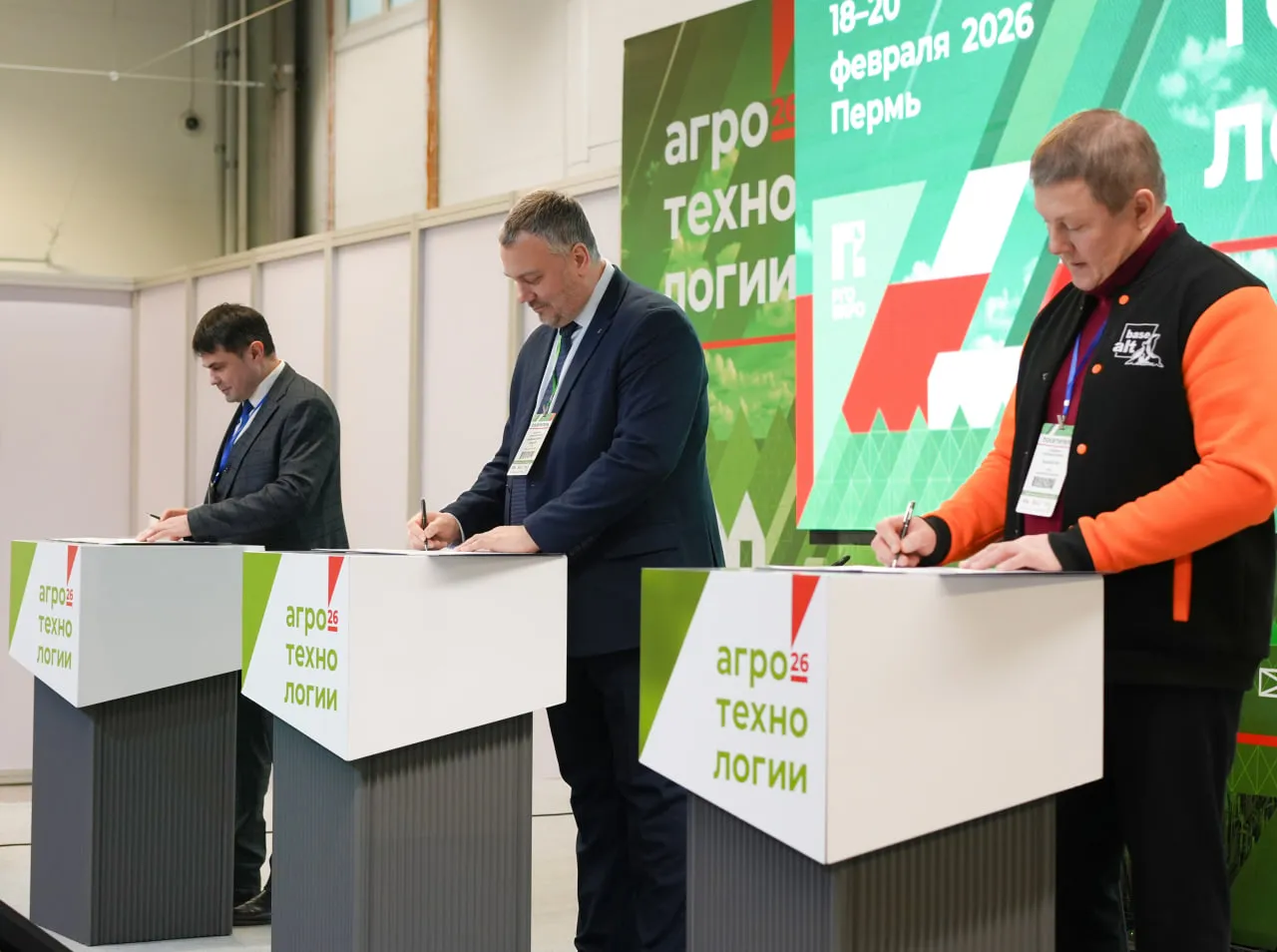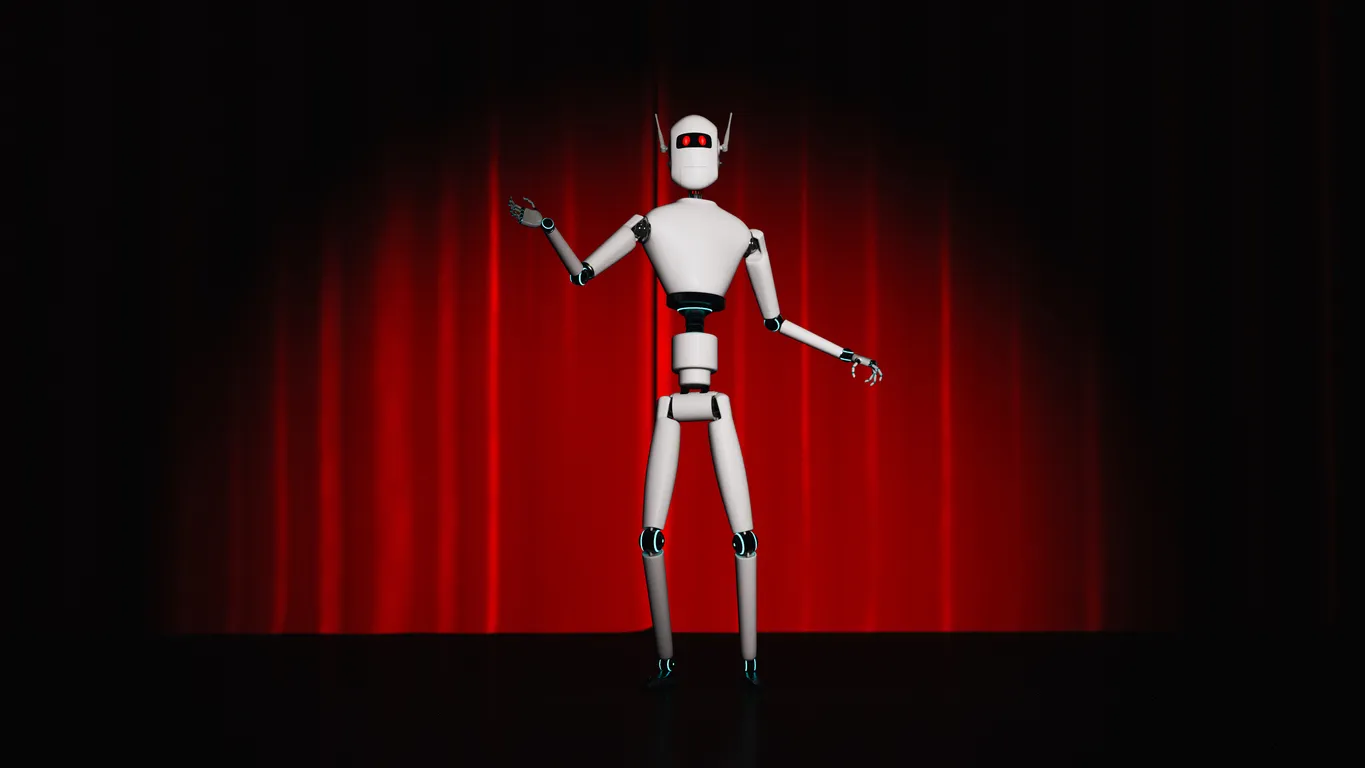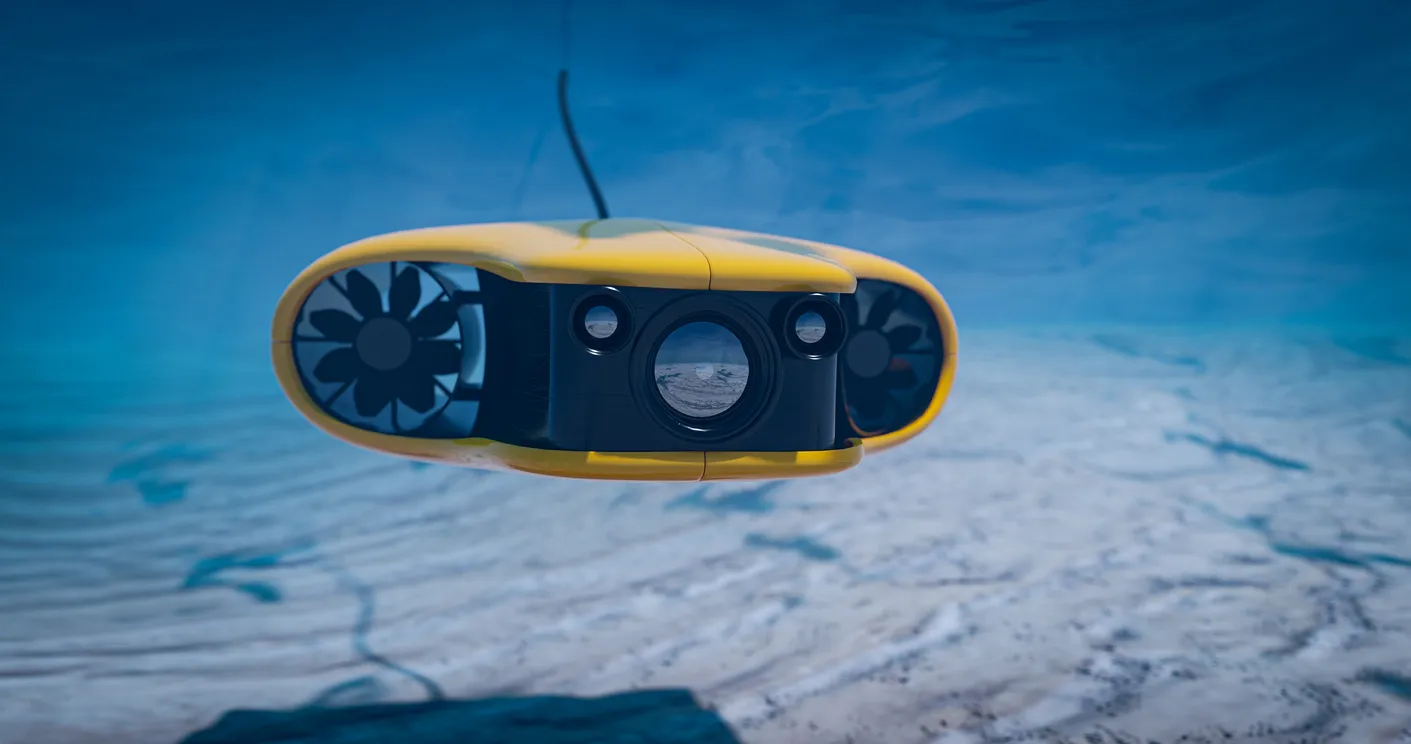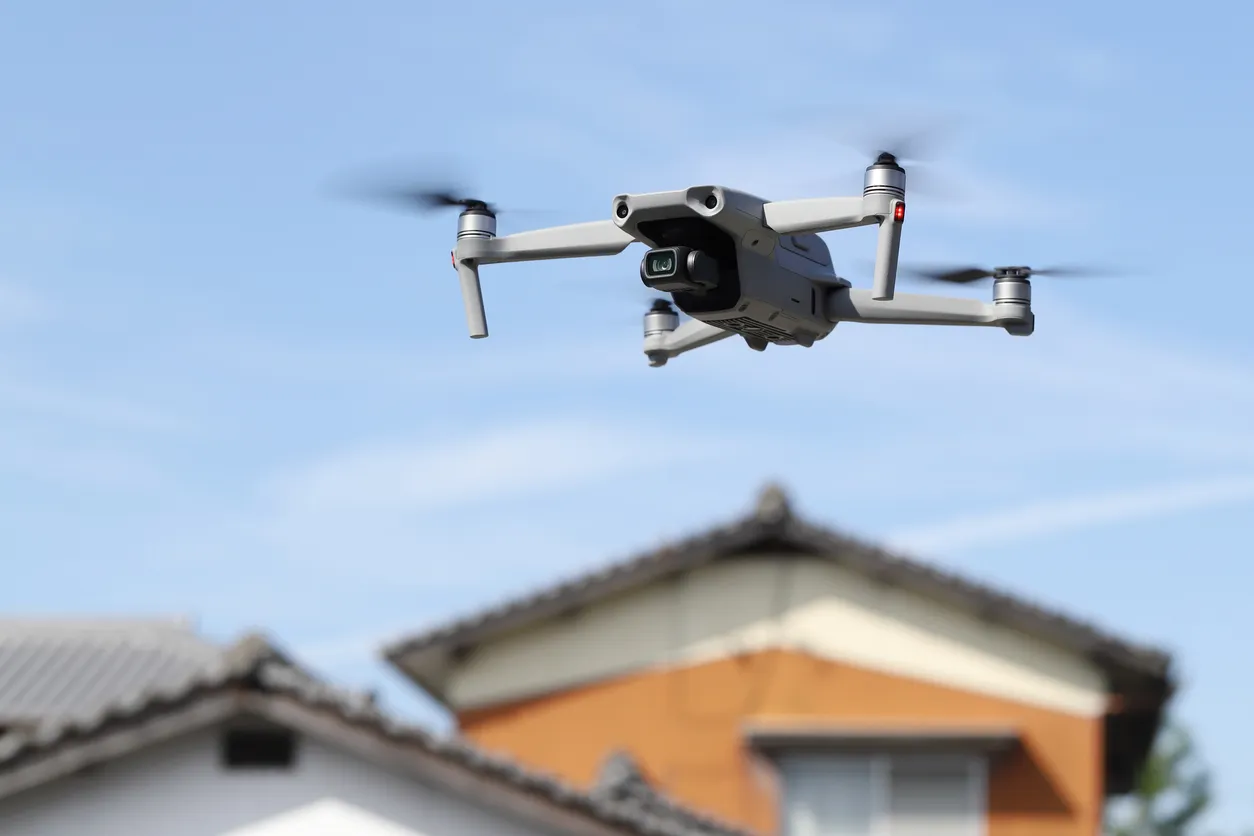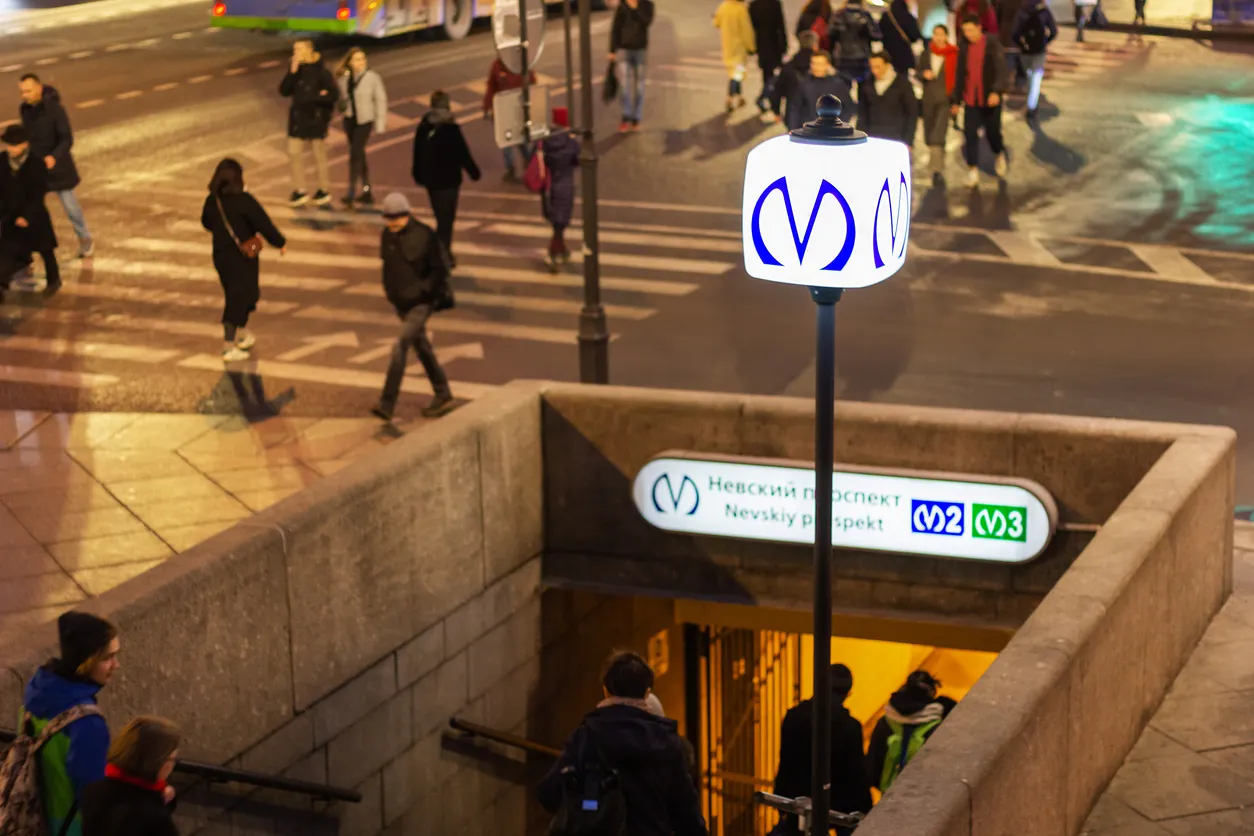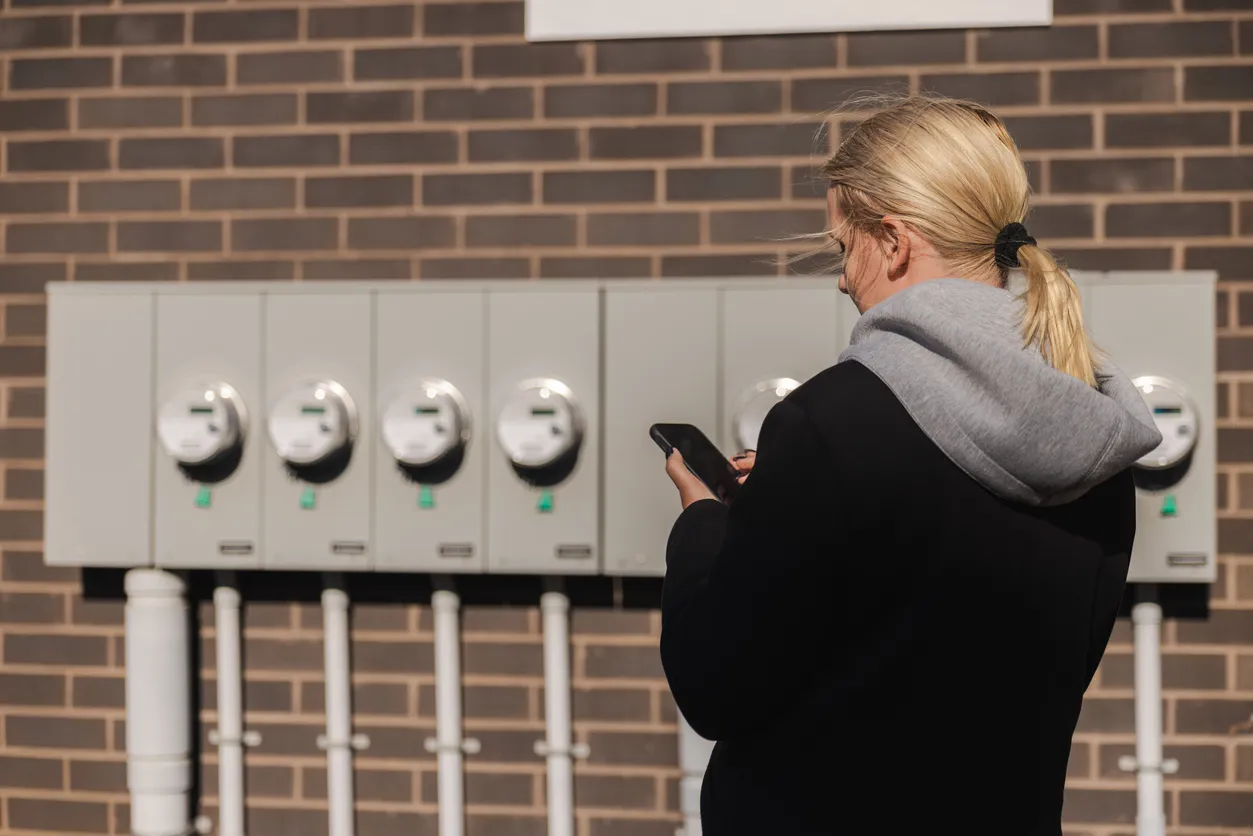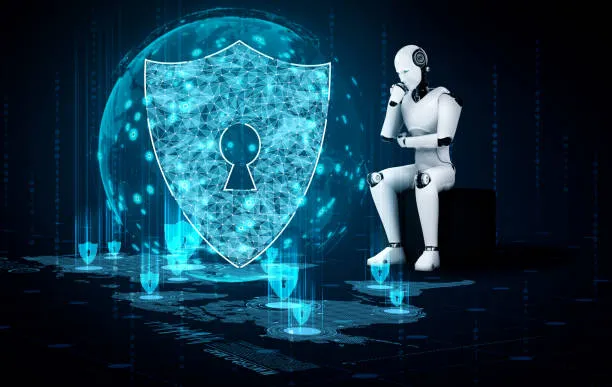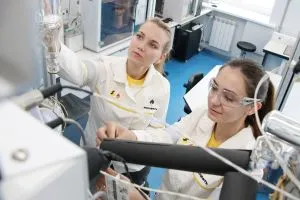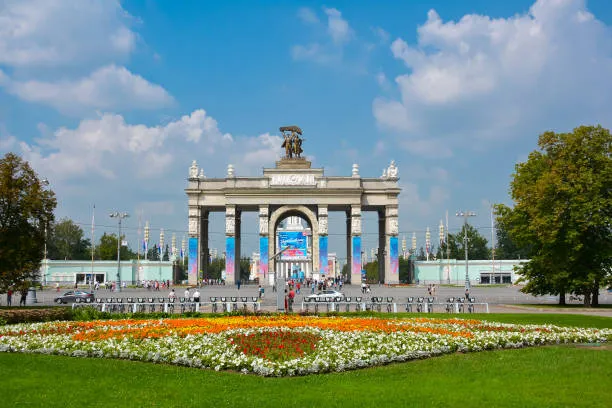Russia Just Fast-Tracked a Quantum Leap—and It Works

In a move that could reset the global quantum race, Russian scientists have successfully tested a 50-qubit ion-trap quantum computer—built in record time.
The system, reportedly completed in just four years (compare that to the industry average of 15), cleared all its trials with flying colors, according to Advances in Physical Sciences, Russia’s leading physics journal.
Built and finalized by October 2024, the machine went through half a year of rigorous testing. Every component, every interaction, was pushed, prodded, and verified. The results? Impressive.
One standout achievement: the onboard neural network was trained to sort handwritten digits—cracking a problem that merges quantum logic with AI pattern recognition. It's a glimpse into what this hybrid tech could do when unleashed: drug discovery, DNA analysis, facial recognition, molecular modeling, or even smarter electrical grids.
The research team believes quantum computers will hit the commercial market in five to ten years. Not just in defense labs or research hubs—but potentially in ordinary Russian homes. It’s not a stretch, they claim, to imagine quantum processors someday humming away in apartment kitchens, optimizing logistics or encrypting data in real time.
From next-gen medicine to unbreakable cryptography, the future is quantum—and it may be arriving from the East.





